
How to Shape HR Organizations to Enhance Efficiency
Armand Sohet has successfully shaped HR organizations across diverse industries to support business strategy and enhance efficiency.
Armand’s 20-year HR career has taken him to some of the most prestigious businesses in Europe, including his current position as Chief Sustainability, HR and Communications Officer at AkzoNobel in Amsterdam.
His expertise lies in streamlining processes, leveraging big data, and developing unique KPIs for the HR function.
“In my own work, for example, when I joined a year ago, I had 35 senior executives in a 300-person department - a lot for a streamlined operation,” he explains. “I removed 15 roles and created a structure that elevated team members in places like Vietnam, India, and Brazil. Now, with fewer, more focused leaders, our operations run more efficiently.”
Technology & productivity
Technology is a modern issue that teams and larger organizations are struggling to leverage, Armand believes.
“Technology and structure should serve us, not control us,” he says. “While tech promises efficiency, it often has the opposite effect.
“Take ERP systems, like SAP, which initially promised streamlined processes. Over time, they’ve added layers of complexity to functions like Finance and HR. The productivity gains we expected haven’t materialized.”
So, how can high-performing teams utilize technology to enhance efficiency? “A simpler structure, supported by using technology as a tool, rather than a master, can reduce complexity and improve outcomes,” Armand explains.
Understanding data
“When I joined Akzo, despite all the hard work that had been put in, no one was looking into the data or using it,” says Armand. “It’s important to understand it; without that, it’s really hard to make progress.”
Armand shares the story of a student he met while teaching at Zurich University, who “had no clue about data or HR”. Armand saw potential and invited him to complete his thesis at his company.
“He wasn’t even 21 years old, but he replaced the entire Compensation & Benefits team – three people – as he understood the numbers and the mechanisms.”
Armand explores how this experience would influence his recruitment strategy: “Today, if I wanted to hire for other positions, I would continue to hire different profiles. I have already recruited people from Finance, Accounting, R&D, and Marketing.”
Are you an HR professional looking to enhance efficiency in your organization? Our HR recruitment specialists work with leaders like Armand to build and develop high-performing teams.
You can find out more about our bespoke services and who to contact in your region through our website: https://www.emearecruitment.com/pages/human-resources

Top Shared Service Center Locations Around the World
Although Shared Service Centers can be found all over the globe, some locations are better suited than others for cost efficiency, skilled talent, and strong infrastructure.
Businesses typically establish a Shared Service Center to centralize their back-office functions, such as Finance, HR, IT, and Procurement. Choosing the right location for your SSC is crucial for operational efficiency, cost-effectiveness, and long-term sustainability.
Strategically, organizations should take the following into account:
- Availability of skilled talent
- Quality vs. cost
- Local infrastructure
- Timezone and proximity to headquarters
We’ve reviewed some of the top Shared Service Center locations globally for those in the early stages of their research:
Central and Eastern Europe
Central and Eastern Europe (CEE) has firmly positioned itself as one of the top regions for SSCs, thanks to a highly skilled and multi-lingual workforce, competitive labor costs, and a well-established business environment.
Poland, in particular, has become an SSC hotspot (second globally, behind India), with over 1,900 centers. Cities like Warsaw, Kraków, Wrocław, and Gdańsk have strong university systems and extensive foreign language capabilities.
Budapest, too, is a prime location, with a high proportion of professionals in Finance, Accounting, and IT.
Czechia, Romania, and Slovakia are also attractive options.
India
India’s SSCs account for 15% of the global market. It has long attracted multi-national businesses to cities like Bangalore, Pune, Hyderabad, and Chennai thanks to its cost-effectiveness, large talent pool, and advanced digital capabilities.
India has a well-educated workforce, strong IT infrastructure, and a significant English-speaking population.
Latin America
A region currently gaining traction in the SSC market is Latin America, with countries like Costa Rica, Mexico, and Colombia attracting new centers.
Latin America is particularly attractive for North American businesses, offering nearshore operations and similar/overlapping timezones. This ensures more efficient communication and collaboration than alternative locations.
Talent Insights
At EMEA Recruitment, we specialize in supporting businesses through the competitive landscape of Shared Service Center talent acquisition, including assistance with choosing the right location for a new center.
Our Global SSC team focuses solely on recruiting for SSCs across the globe, allowing us to develop our expertise in this field. Utilizing decades of experience in the SSC sector and our international recruitment knowledge, we provide up-to-date talent insights bespoke to your business and location.
We review the latest industry data from our own database and platforms such as LinkedIn to provide bespoke insights for your organization, which can help you understand which location is best suited for your needs.
If you’re looking for a strategic partner, get in touch with Matt Foster: [email protected]
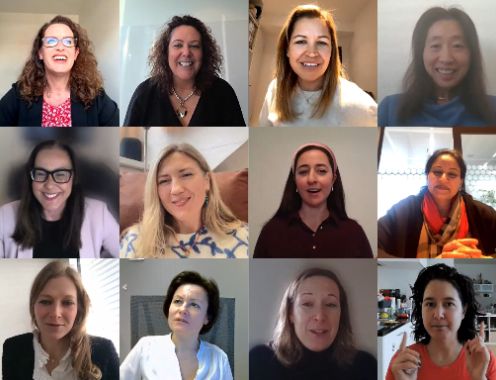
What does International Women’s Day mean to You? – IWD 25
Ahead of International Women’s Day 2025, we asked some of the inspirational professionals in our network to share their thoughts on what the day means to them.
Our global team brought together a brilliant group of women to inspire the next generation of female leaders and champion senior professionals with their knowledge, experiences, and insights.
“Most women will have heard phrases like, ‘You can’t do that, you’re a woman’, or ‘There’s no place for women in leadership positions’, but even some men will have heard phrases like, ‘I need you in the office, you can’t focus on your family, you need to focus on work’,” explains Lisa Huybens, the HR Director Europe at Fyffes.
“It’s about having a bond and a sense of unity.”
Kiran Brar, CHRO at Signify, mirrors Lisa’s sentiments: “It’s a great moment to call out our allies, because I don’t think it’s one gender against the other. It’s a moment to thank them for their support, because they play a big role in amplifying our voices and advocating for women at work, but also challenging bias and discrimination.”
Renée Guldemond, Group Controller at Monks, pays respect to those who’ve paved the way for women: “It’s a day to remind ourselves that we need to keep pushing for progress,” she adds.
Inbal Orbach, VP Group FP&A at Lonza, uses International Women’s Day as a chance to reflect on the achievements of women as a whole, but she also looks at her own legacy for other women, her daughter, and children around the world.
Katja Meeuwsen-Nass, VP HR at ASICS, wants to tell younger females in the workplace that whatever they’re doing, “I’m sure it’s really great,” and to inspire growth and confidence in their journey.
Valentina Coco, Senior Organizational Change Expert and Ambassador at EMEA Recruitment, insists that International Women’s Day is not a celebration: “It’s a way to remind ourselves that, it’s 2025, we’re not there yet. Especially for intersectional women, there’s still a huge gap.”
Iryna Klymko, freelance Global Talent Acquisition Partner, reiterates that “it’s not just one day”.
“It’s about thinking about other people, looking back to appreciate and value each other,” she adds.
Thank you to all those who’ve taken part in our #IWD25 series. We look forward to sharing more inspiring and insightful thoughts from global leaders.
Thank you also to Kate Oliver, Associate Director in our HR recruitment division, for championing this initiative.

2025 Outlook: Trends Shaping the Dutch HR Recruitment Market
In 2024, as the Dutch job market began to recover from geopolitical uncertainties, EMEA Recruitment observed that the emphasis on technology continued to drive job opportunities in Human Resources.
Companies adopted more flexible working arrangements, allowing employees to work remotely and maintain a better work-life balance. Upskilling also stayed crucial, with professionals who adapted to new technologies and industry trends in high demand.
Opportunities and Outlook
Looking ahead, 2025 is set to be an exciting and transformative year. The rise of people analytics is opening up new avenues for HR professionals to leverage data in innovative ways, improving recruitment, performance management, and workforce planning.
There's also a strong focus on employee wellbeing, with companies eager to implement comprehensive programmes that support mental health, work-life balance, and a positive workplace culture. Equity, Diversity & Inclusion (ED&I) initiatives will continue to be a priority, creating demand for HR professionals who can drive these important changes.
As HR technology evolves, there will be more roles for people who can manage automated recruitment tools and HR systems, as well as those who can effectively manage remote teams.
As technology progresses, work practices evolve, and the economic landscape changes, the HR sector will offer plenty of new opportunities for adaptable, innovative professionals. Flexible work arrangements will remain key to helping professionals succeed, while businesses will increasingly look for individuals who value learning, development, and growth.
At EMEA Recruitment, we are excited about the year ahead and eager to support our clients and candidates as they navigate this dynamic landscape.
Our HR recruitment team continues to support clients and candidates in managing an evolving HR profession. If you’d like to discuss your requirements, please don’t hesitate to contact Katie Insley for a confidential discussion: [email protected].

What you Need to Know about Hiring Temporary Workers in 2025
Historically, the Netherlands has been one of the most proactive countries when it comes to monitoring temporary labour and supply chains, to make sure that workers are protected, and functions are in place to ensure compliance. From 1st January 2025, the Dutch government has lifted the enforcement moratorium that has been placed on the Tax administration, and they will be actively reaching out to companies to ask if they are utilizing any self-employed individuals and will be asked to provide evidence to demonstrate that an employer-employee relationship doesn’t exist.
EMEA Recruitment is proud to support our clients with their temporary and interim recruitment needs. Whether you’re looking for a ZZP’er (self-employed professional) to lead a project, or require cover for maternity or sick leave, we work with an active network of workers ready to take on their next assignment.
The rules
This law isn’t new - it has been in place for the last eight years – but the Tax administration has been limited in actions it has been allowed to take, unless it was aware of an obvious misuse. It can now be much more proactive in identifying such misuse.
The rules are simple: A ZZP’er – or freelancer – must work on a specific project, with complete autonomy over their schedule and working patterns. Essentially, they must not work like an employee of the client company.
Both the worker and the client company are responsible for preventing false self-employment and could face enforcement action from the Tax Administration.
Your options
If you’re a company trying to navigate the new landscape, we can help you understand your position and options. EMEA Recruitment’s dedicated team in the Netherlands has assessed the legal and financial requirements of the rules, giving you confidence that you are operating within the guidelines.
It is still possible to hire a freelancer to manage a special project, like a transformation, while temporary workers are the way to go for situations where you need to cover an employee who has left the business quickly or is on leave.
Whatever your requirements, make sure you get the help you need and the right advice by reaching out to Rebecca Spicer, who leads our Interim recruitment division: [email protected]

The Future of Talent Acquisition: Balancing AI and Human Connection
There is much discussion about how automation will impact the HR function, with organisations at varying stages of adapting and capitalising on its benefits.
Last month, we turned our attention to how AI may affect Talent Acquisition and we welcomed TA Leader Douwe van der Leer to share his views at our TA networking event in Amsterdam.
Key takeaways from the session included the need for TA professionals to evolve into Talent Strategists. As automation reduces transactional tasks, Recruiters must use the additional capacity to deepen their understanding of the organisation and its business goals.
They’ll need to partner with business leaders and engage in detailed discussions around the future skills required to ensure organisational success, as well as strategies for effectively connecting with this talent.
The companies that will win the competition for top talent will be those that implement seamless automation, punctuated by highly personalised, human-centred interactions.
TA teams may become leaner as recruitment responsibility is shifted to hiring managers to run automated processes. Alternatively, they may evolve to encompass a more integrated approach to talent, including Onboarding, Talent Mobility, Internal Hiring programs, and Learning & Development - something we're already witnessing with several of our international clients.
Another interesting idea is the return of the ‘hidden talent market’. As individuals increasingly choose not to engage with messages on traditional platforms like LinkedIn, where many interactions will become automated, could we see a return of the old-style head hunter? These professionals were successful due to the strength of their network and their ability to engage with talent in more creative ways.
However, as the function evolves, those who do not embrace the benefits of AI whilst understanding where human connection can make a difference will surely find themselves left behind.
If you’re interested in discussing how your organisation can effectively navigate these changes in Talent Acquisition or if you’d like to share your own insights, please don't hesitate to reach out to Katie Insley, Director in our HR recruitment team in the Netherlands: [email protected]

EMEA podcasts
The EMEA Recruitment podcast welcomes guests from across our network and beyond to share their career journeys, advice, and inspirational stories.




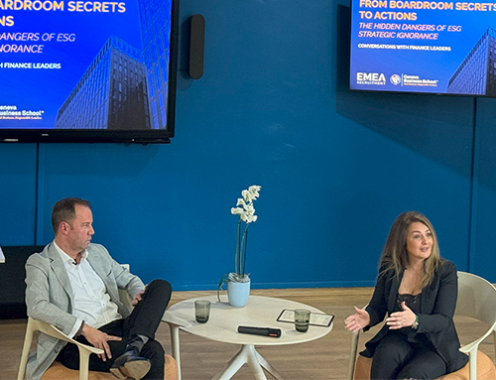
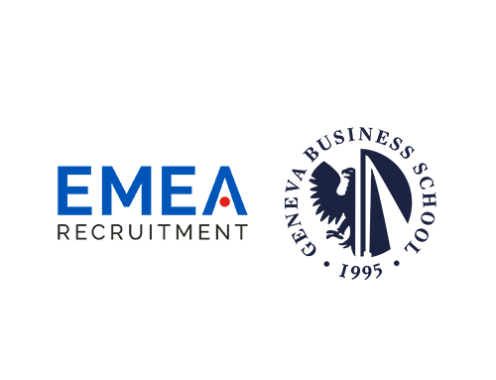

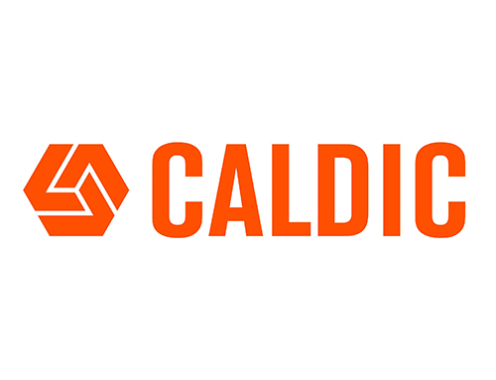



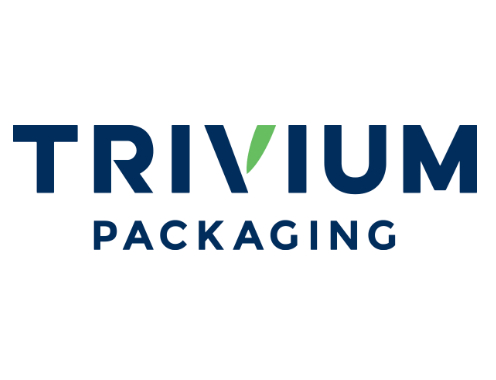


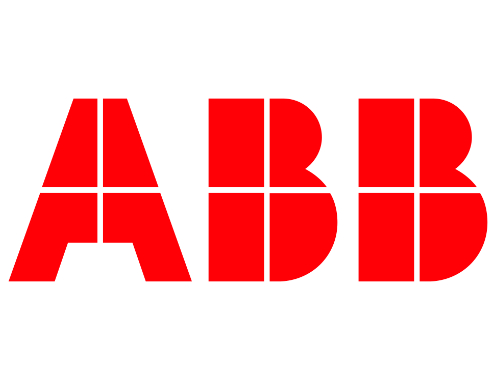
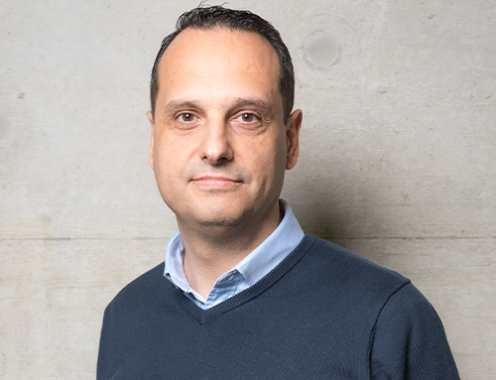
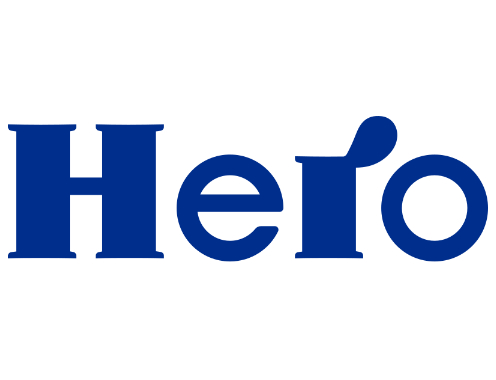

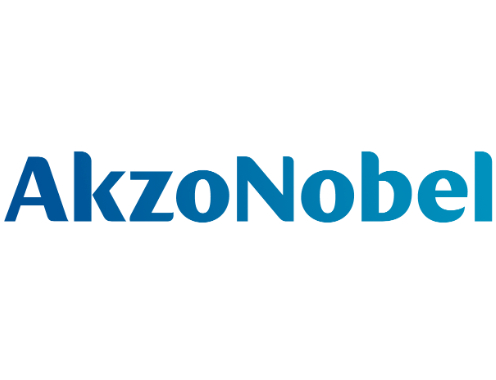

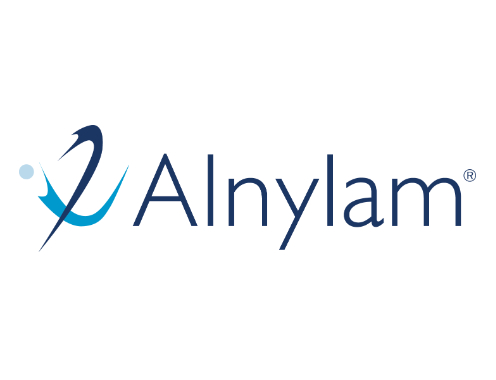


You can also use your social account to sign in. First you need to:
Accept Terms & Conditions And Privacy Policy